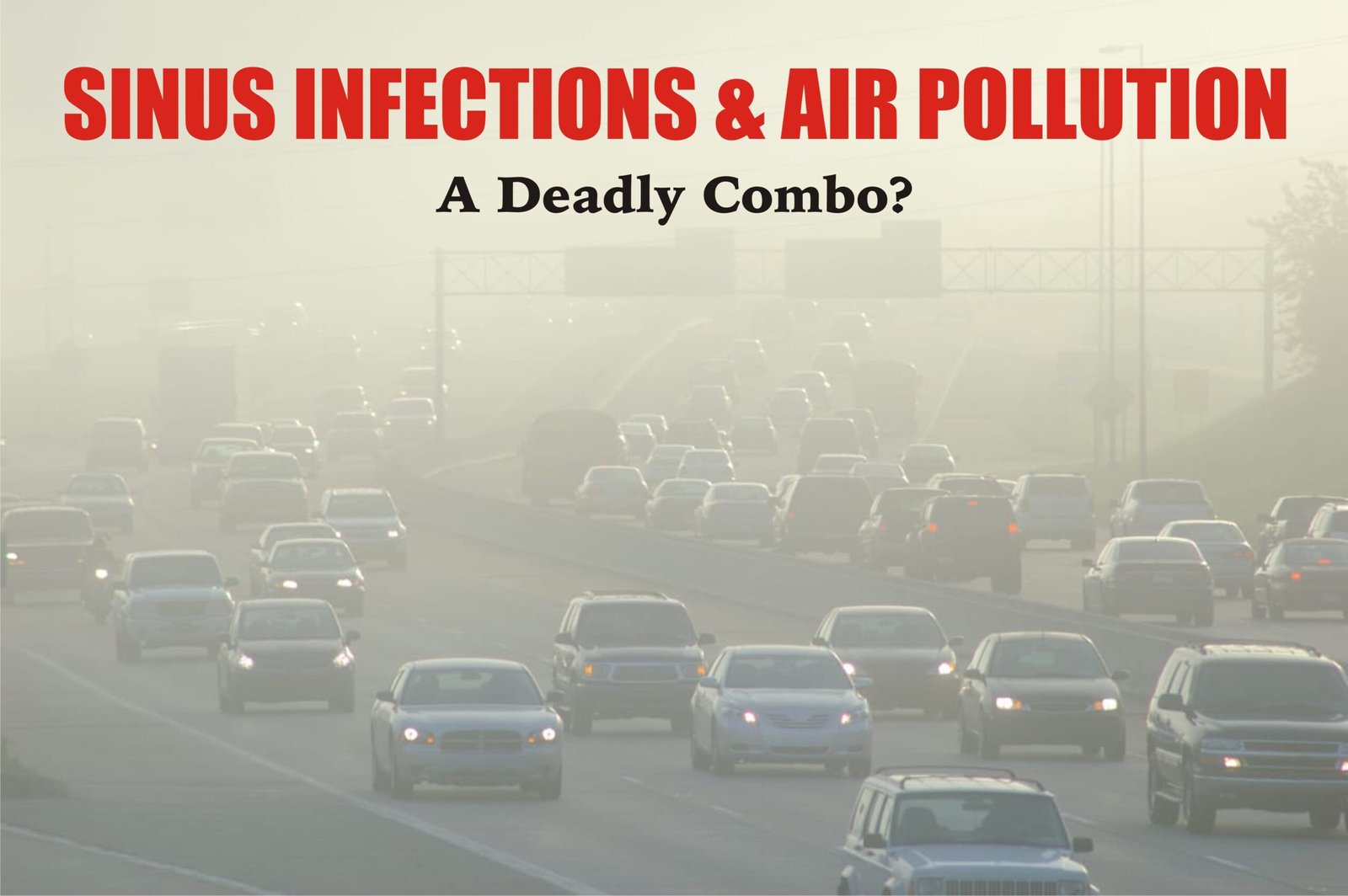
Do you often catch headaches or breathing uneasiness after a long day out? Is this related to polluted air outside? Let’s unleash the facts about sinus infections and air pollution in detail.
Poor-quality air can be the main cause of multiple health issues, including chronic sinusitis. Polluted air with PM2.5 can cause irritation in the nasal passages, leading to inflammation. It can also result in swelling and mucus production, which eventually leads to sinus infections. Sinusitis can be a concerning health condition, and check below to learn more about it.
For instance, people residing near industrial areas or highways are more exposed to such air pollutants. Workers spending long hours in factories are also prone to inhaling polluted air, which poses a higher risk of sinusitis. A recent study indicated that prolonged exposure to PM2.5 is also linked with the development of chronic sinusitis.
A study found that long-term exposure to PM2.5 was associated with a higher risk of developing chronic sinusitis. Several research studies indicate that polluted air can cause inflammation of sinus cells. Certain studies also depict that air pollution could disrupt the nasal passages’ epithelial barrier.
Sinusitis is a medical term for sinus infections. Inhaling polluted air is the primary cause of chronic sinusitis. Exposure to smog during rush hour indicates the polluted air being inhaled. Such infections mainly occur when the sinus tissues undergo inflammation. When sinus infections continue for more than 12 weeks, it can turn critical in the form of chronic sinusitis. Its main symptoms include:
If the symptoms continue to appear, it is recommended that you seek the advice of a professional healthcare expert.
Air is something we can’t live without, and breathing outside air is something you have to do. However, you can control your exposure to air to a certain extent. Limiting your visit to areas with polluted air, followed by a few other steps, might help you prevent sinus infections.
Here are ways to protect yourself from the polluted air:
Remember that sinus infections are not very serious or pose a life threat, but they can hamper your quality of life. Suffering from continuous congestion or headache can disrupt your sleeping patterns and retain a feeling of remaining unwell. It makes your life hard as you start facing difficulty in working, sleeping, or even going out for a walk.
If you’ve been trying to combat sinus infections for a long time and cannot find the right solution, it’s advisable to seek consultation from an ENT Specialist. Other risk factors might be related to chronic infections, like a deviated septum or nasal polyps. Your healthcare expert can help offer long-term relief against the symptoms of sinus infections.
If you have any further questions, contact us today. Keep coming back for more articles on health and wellness.
Stay healthy and pollution-free!